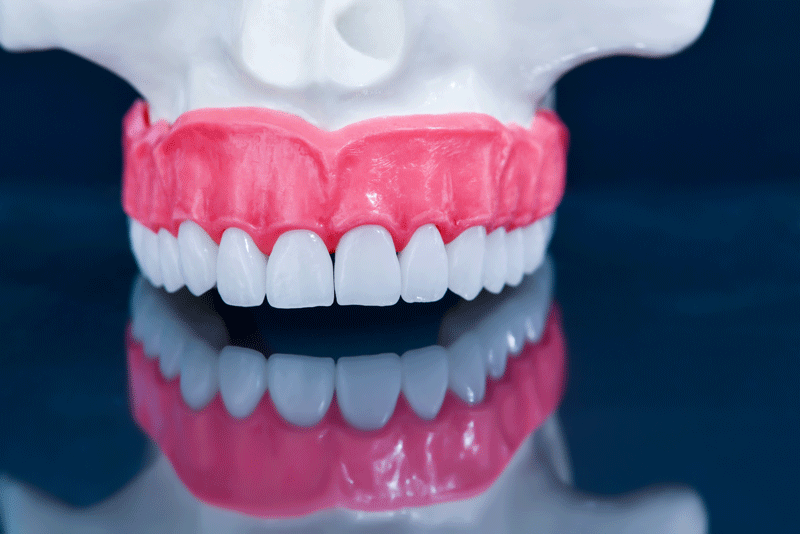
A dentist in Omaha, NE may recommend dental implants if a patient is experiencing missing, crooked, or damaged teeth. There are four types of dental implant restorations that can be used to replace missing teeth. These four types of restorations are called single tooth implants, implant-supported bridges, full mouth acryllic (pmma), and full arch zirconia.
Each type of dental implant restoration has its own benefits and drawbacks, so it is important for patients to choose the right one for their specific needs.
Exploring Advanced Implant Procedures & Oral Surgery Insights
When it comes to dental implants, there’s a lot more happening behind the scenes than just placing a new tooth. Choosing the right restoration starts with careful planning, detailed imaging, and expert insight from your oral surgery team. At practices like Midwest Oral Surgery Omaha, new technologies and refined techniques help make every step more precise, more comfortable, and more successful.
From 3D scans to digital treatment planning, today’s implant procedures are designed to preserve natural bone and soft tissue while providing a stable, long-lasting result. Surgeons evaluate everything from bone density to bite alignment to make sure your implant isn’t just functional—but built to last.
This level of planning not only improves outcomes but helps patients feel confident about their care. With the right preparation and a team that understands your individual needs, dental implants become a safe, reliable option for restoring your smile.
Dental Implant Restoration Types
A single tooth implant is the simplest type of dental restoration and is most often used when a tooth has been lost due to injury or decay. The single tooth implant is placed directly into the jawbone at one end.
Implant supported bridges are placed on the opposing side of a missing tooth. Unlike single tooth implants, implant supported bridges can also be used to replace teeth that have been lost due to injury or decay.
The most common type of dental restoration are inlays and onlays. These are placed directly into the jawbone to restore teeth that have been lost due to injury or decay.
Full arch zirconia dental implants are the most popular type of implant supported bridge, while partial arch zirconia dental implants are more suitable when restoring teeth that have been lost due to injury or decay. They replace the original teeth, and provide a foundation for new teeth to be grown in.
Dental implants are super versatile, and choosing this option in Omaha, NE can be a great method for smile restoration. Since they are an investment, it is very important to care for them properly. This means ensuring that they are cleaned per instructions from a dentist, avoiding any harsh, acidic, hard, or sticky foods, and making sure to keep up with regular dental appointments to make sure things are going smoothly.

Caring for Your Implants: Maintenance & Long-Term Oral Health
Getting dental implants is just the beginning—keeping them healthy is what ensures they last. Just like natural teeth, implants need consistent care to stay in great shape. That means following a good at-home routine and staying on top of regular dental visits.
Daily brushing and flossing are key, but your oral surgeon may also recommend special cleaning tools or gentle techniques to protect the area around the implants. Avoiding hard or sticky foods and sticking to a balanced diet can help minimize stress on the implant and surrounding tissues.
Routine checkups allow your dental team to monitor the health of the implant, catch any early signs of irritation or inflammation, and make sure everything is healing or functioning the way it should. Practices like Midwest Oral Surgery Omaha provide ongoing support, so if anything feels off—or you just have questions—you’ve got a team ready to help.
Taking a few extra steps to maintain your implants can go a long way in protecting your investment and your long-term oral health.
Ready To Get Started?
Thinking about dental implants? We’re here to help you figure out what works best for you—no pressure, just straightforward info.
Set up a time to meet with Dr. John Wewel and the team at Midwest Oral Surgery Omaha. See what your next steps could look like and Book your consultation today!
